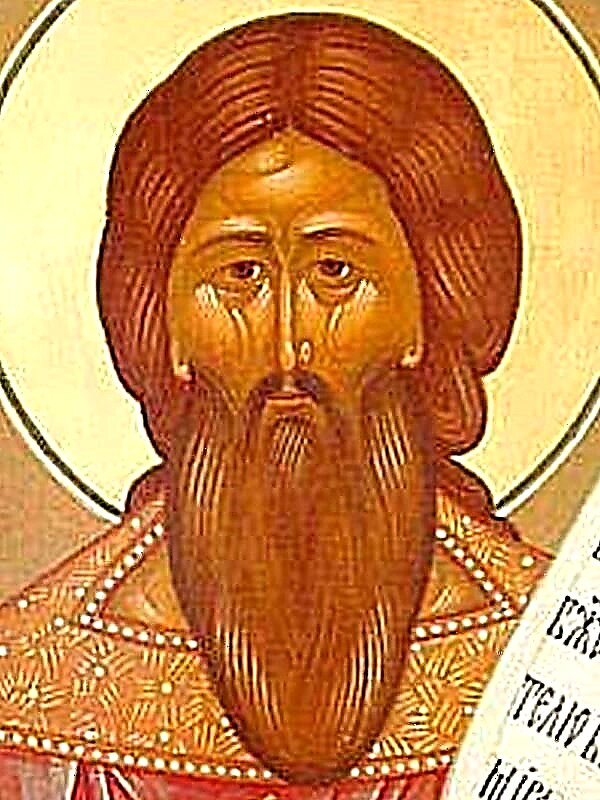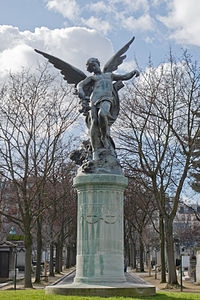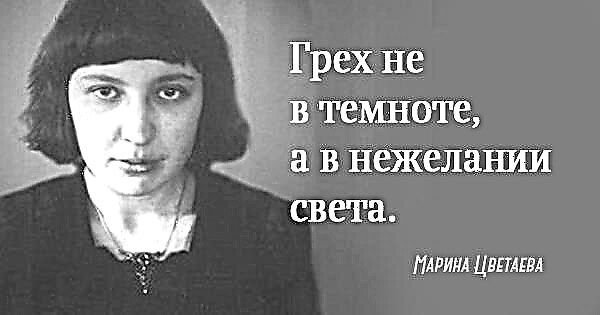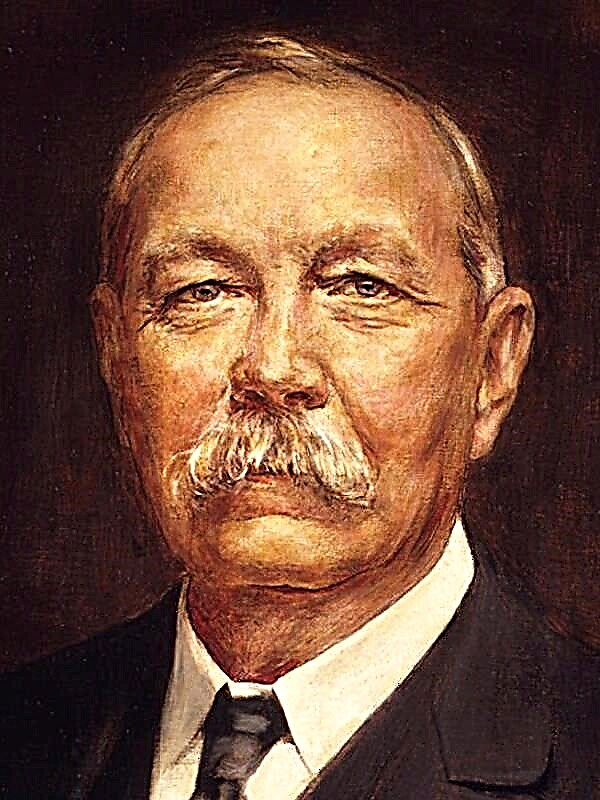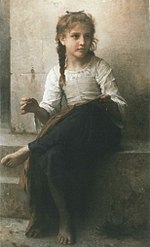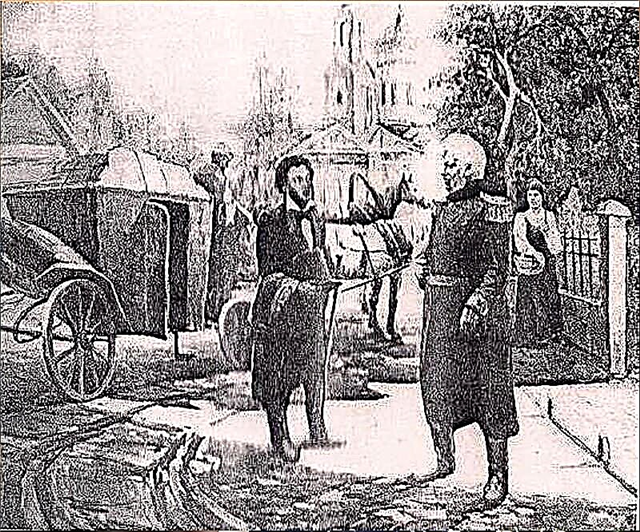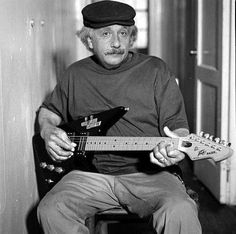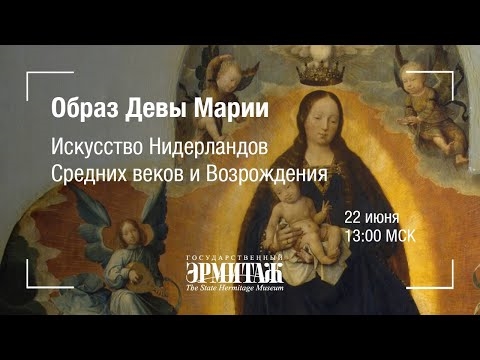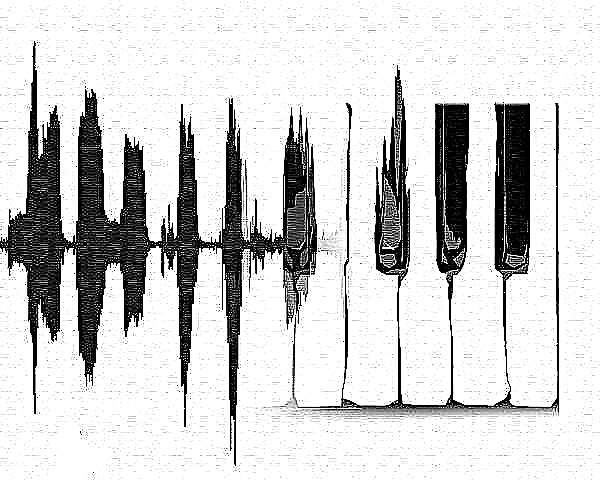The novel is a continuation of the "Years of the teachings of William Meister." The hero, who at the end of the previous book becomes a member of the Tower Society (or the Forsaken, as they call themselves), receives a task from his comrades to go on a journey. At the same time, he is given the condition not to linger under one shelter for more than three days and to move away from the former shelter no less than a mile each time - in order to avoid the "temptation to settle". In wanderings, Wilhelm should better comprehend the world, find his final life calling and, as far as possible, contribute to the establishment of noble, moral relations between people. He is accompanied by his son Felix. The hero is temporarily separated from Natalia, but he “belongs to her forever” and verifies his feelings in regular letters.
The novel begins with the fact that on the way Wilhelm meets a completely unusual family - husband, wife and children. The man was leading about the donkey, and in the saddle "there was a quiet, pretty woman, wrapped in a blue cloak, underneath she pressed a newborn baby to her chest and looked at him with unspeakable tenderness." This easily guessed picture of the holy family immediately indicates the universal, deeply generalized nature of the material that makes up the essence of the novel. If in “Years of Learning ...” the plot developed around the fate of Meister, the characters were lively and full-blooded, and the action took place in modern Goethe of Germany with its specific features, then this time the whole story is much more arbitrary. The novel is devoid of a single plot and is a series of short stories, almost unconnected.
Such a free form - which at first seems sloppy and almost crude - gave the writer the opportunity to put his most expensive, deep and complex thoughts into the novel about what worried him throughout his life. A free composition interspersed with prose, poetry, pages of direct aphorisms, an open finale - the book ends with a remark “To be continued” - this is not so much an incompleteness as a portent of a new type of novel of the 20th century.
The worldview of the protagonist is now devoid of the tragedy and Hamlet's egocentrism that distinguished young William. Having learned personal happiness, having found a son and like-minded friends, Meister in “Years of Wanderings ...” appears as a person wise by experience and accepting reality in all its infinite completeness and diversity. Now he is not a fighter with the whole world, but a fighter for this world, for its rational and human structure. He distinguishes the elements of deep rationality in the very foundations of being, and this is the most important idea of the book, which gives it deep optimism. Here, for example, what thoughts inspires Wilhelm meeting with an astronomer who from his observatory showed the hero a starry sky. “What am I compared to the universe? - William told himself. “How can I oppose myself to her or put myself in her focus? .. Can a person oppose himself to the infinite, except by gathering in the deepest depths of his being all the spiritual forces that are usually scattered in all directions ...” Then he develops this idea, noting that the main miracle is in the person himself, his ability to experience the impressions of life and to transform them into acts useful to people.
The characters of the novel, stories told in it, traced fates are a figurative expression of how, in Goethe's understanding, the careful construction of a more perfect lifestyle should be carried out. Through the whole story passes the image of clairvoyant Makaria - a woman who has a beneficial effect on others, conveying to them her spiritual strength and altruism. Just like Meister’s friends in the Tower Society, she renounced selfishness and self-interest. The purpose and meaning of the life of Goethe's beloved heroes is to serve humanity, help people and affirm moral principles.
Some stories evoke the memory of “new people” by Chernyshevsky - the characters are free from egoism, able to rise above momentary passions and overcome the scope of seemingly hopeless situations. These are the heroes of the novel "Fifty-year-old man." Its essence is that Gilaria, who was intended to be a cousin of Flavio's bride as a child, realized that in reality she did not love the groom at all, but his father, her uncle, the widower major. Perhaps the girl was affected by the fact that her mother was always enthusiastic about her brother. And at the next meeting, uncle also felt passionate love for Gilaria. When the father set off in embarrassment to explain himself to his son, it turned out that the son, in turn, was in love with a certain young widow and did not at all strive to marry Gilaria. However, having met with the major, this young widow begins, like Gilaria, to have very tender feelings for him. The major is also impressed with meeting this charming woman. After a quarrel with her, the embarrassed Flavio comes to the house of Gilaria, where she becomes very ill. The girl begins to look after him. And it is now that true love awakens in it, which meets reciprocity ... It is important that, with these unpredictable intricacies of feelings, the characters do not give power to anger or jealousy, retain nobility and deep delicacy in relation to each other, as if challenging standard approaches to the complexities of life .
Another short story - “New Meluzina” - tells about a fantastic or fairy tale story. Once the storyteller of this short story met a beautiful stranger in a rich carriage. She asked him about one service - that he would carry her casket with him. For this, the lady loaned the young man money and gave her crew. After some time, the narrator spent all the money and was sad. The stranger again suddenly appeared before him and again gave him a purse of gold, warning that he was thrifty. Finally, the young man persuaded the beautiful lady not to leave him. She actually became his wife. And once he learned her secret - it turns out that the beauty was an elf princess, she belonged to a tribe of tiny little men, her life passed in a casket, and only occasionally did she take on a normal human form. The lady needed a knight faithful and loving to save her endangered people. The narrator at first in the heat of feelings agreed to become a tiny elf too. However, soon he could not stand the test and escaped from the magic forest ... He himself recalls this in a novel with a feeling of deep remorse, and it is clear that the past has changed his whole life and attitude to the world.
In general, the image of a magic casket, closed for a while from prying eyes, and a key that can open this casket, is present throughout the novel. This is an expressive symbol of wisdom, life, the human soul and nature, which are discovered only with skillful handling and appropriate preparation.
One of the clairvoyant aphorisms of Macarius, the selection of which ends with the novel, is: “What are tragedies, if not the passions of the people who are transformed into poems by God who knows what?”
A special place in the book is the topic of education. Felix is assigned to study in a special school, more precisely, in the Pedagogical province. This is Goethe's social utopia. The pedagogical province is an ideal example of a beneficial effect on a young person. The principle of the local teachers is the desire to promote the education of a public person, with a strong sense of dignity and respect for the world around him. "Wise mentors imperceptibly push the boys to what is their nature, and shorten the circle paths on which it is so easy for a person to get lost and deviate from his calling."
Thus, two themes constantly interact and overlap in a novel, creating a harmonious unity - the theme of moral self-improvement of an individual and the idea of educating a collective consciousness, developing social skills and a sense of universal unity.
“There is nothing more precious than one day” - this is also an important aphorism from the Macarius Archive. The characters of the novel strive to realize their mission as fully as possible, actively and at the same time carefully, wisely intrude into life. An example of such decisive action is the intention of several Wilhelm comrades to emigrate to America at the head of a group of weavers who are in danger of ruin by new industrial relations. First, William is also going to leave the country. However, he then remains at home to create for the workers something like an exemplary labor colony. Before us is again a utopia, which marks Goethe's stubborn quest in the field of public world order.
And of course, as a pattern, we perceive the fact that the protagonist of the novel after a long search for vocation stopped at the profession of a surgeon - to create a “miracle without miracles”, based on experience and knowledge of human nature.
Later he says that one sculptor played a big role in his mastery of his skill. It was difficult for William to dissect human tissues and organs, studying anatomy, but "this feeling came into conflict with the demand that any person striving for knowledge sets himself ...". Having made friends with the sculptor, he heard deep judgments from him that “one can learn more by building rather than dissecting, connecting, rather than disconnecting, reviving the dead, rather than killing him further.” These principles became important for William, symbolizing his attitude to nature, including human nature.
The last chapters describe an exciting episode - Felix fell from a steep into the river with his horse. The riders on the boat arrived in time and pulled out the young man and carried him ashore, but Felix showed no signs of life. “William immediately grabbed a lancet to open the vein on his arm, blood spurted with a plentiful current <...>. Life returned to the young man, and the sympathetic surgeon barely had time to finish the dressing, when he vigorously got to his feet, cast a piercing look at William and exclaimed: “If you live, so be with you!”

